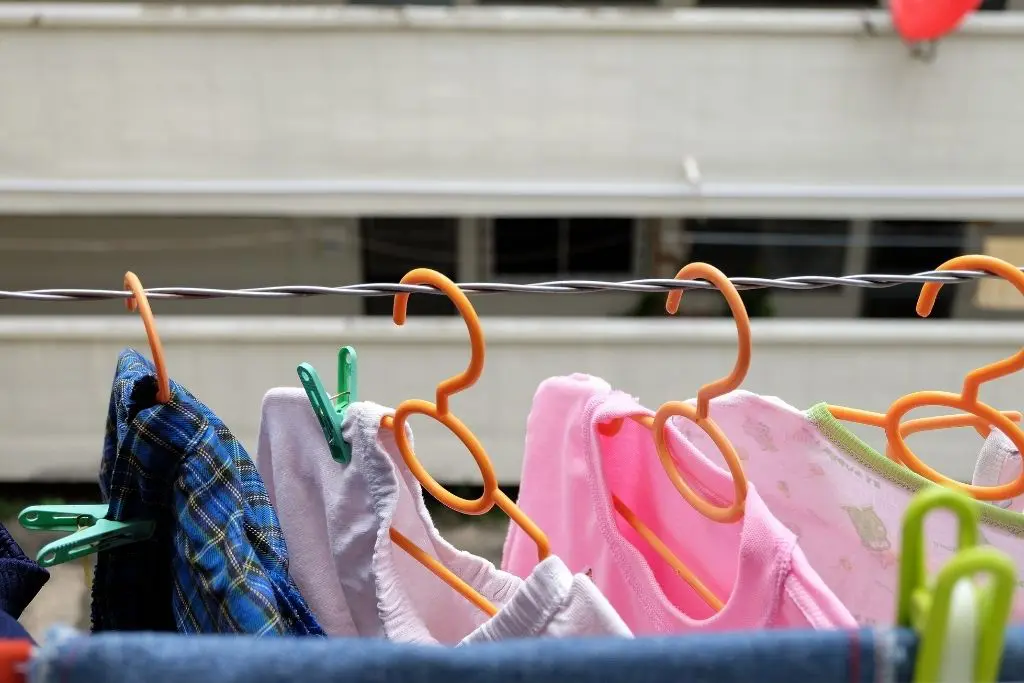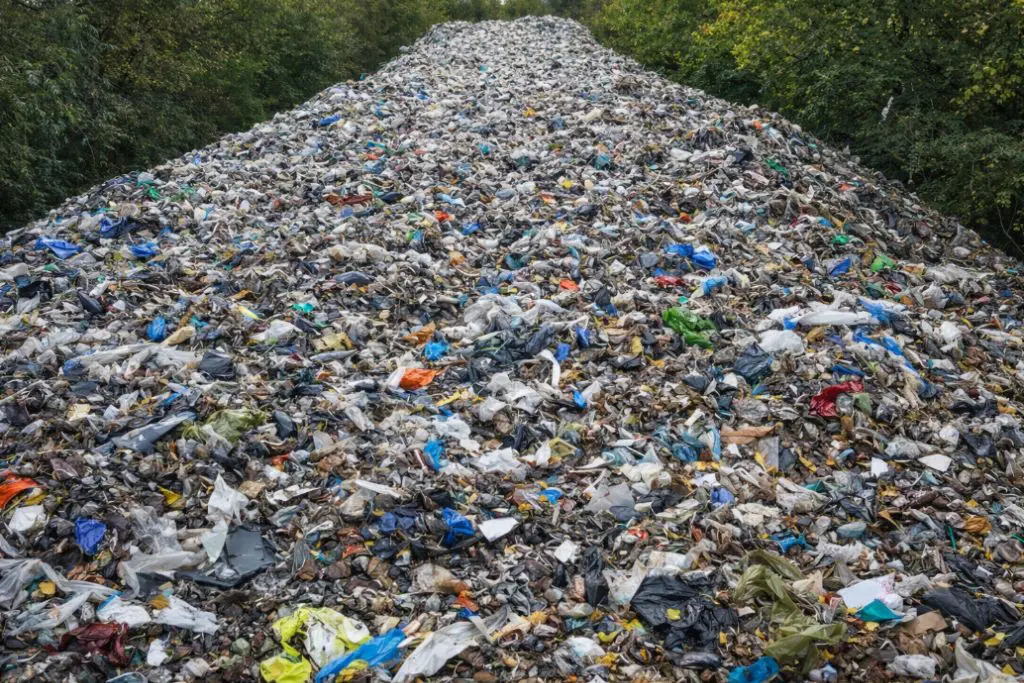In a new fire safety directive, Gravesham Borough Council has banned tenants from using washing lines and other items on their flat balconies. The move has sparked anger and frustration among residents. The measure affects council-owned properties in Northfleet, Kent. It was put in place to follow updated fire safety rules after the Grenfell Tower tragedy.

Tenants have criticised the new rules. They say the ban is excessive and will force them to use costly tumble dryers. Many worry they will have to find other inconvenient ways to dry clothes.
The council’s new policy explicitly forbids storing “combustible materials” on balconies. This category includes washing lines, furniture, and personal items. This decision, communicated to tenants, is part of a larger plan to improve fire safety in council buildings.
The council insists this action is a necessary precaution to save lives. However, residents feel unfairly targeted. They are questioning how practical the new rule is, especially at a time when living costs are so high.
Residents Question Council’s Rationale
The directive has been met with a wave of protest from residents who feel the new rule is out of touch with their daily needs. For many, using a washing line on their balcony was the most efficient and affordable way to dry clothes.
One resident, Tracy, 45, pointed out what she saw as a contradiction in the council’s fire safety argument. “They talk about fire safety, but all of the doors are made of wood. Yet, they’re saying we can’t have anything on our balconies: we have to take everything off,” she said, as reported by Kent Live. She added that the rules feel “unreasonable.”
Another resident, Steve Reely, 61, also voiced his disapproval. He said the rules were “ridiculous” and that “there are greater fire risks than our personal balconies.” He further stated that, “It’s like someone is trying to justify their job.”
The frustrations are also tied to the financial implications of the ban. Karen Noakes, a grandmother of four, expressed concern about the cost of using a tumble dryer. “All I’ve got on my balcony is a kid’s bike and scooter and two washing lines,” she said. “What’s the problem with that? They’re not a fire hazard. If the council are going to pay for me to use my dryer, then by all means. But why should I use it when it’s nice in the summer?”
Council Defends Ban on Safety Grounds
In defence of the new policy, Gravesham Borough Council has cited updates to the Fire Safety Act 2021 and lessons learned from the Grenfell Tower fire. The council stated that the ban is a proactive measure to prevent fires from starting and spreading via external balconies. They have argued that items like washing lines, drying clothes, and furniture can act as a fuel source, potentially allowing a fire to rapidly spread up the exterior of a building.
A council spokesperson issued a statement saying: “Our first and major responsibility to our tenants is to ensure they live in safe homes. Our tenants and leaseholders have recently been contacted by us regarding fire safety issues, particularly around balconies. This coincided with Building Safety Week, during which we were giving advice to residents on fire and general building safety. Under updates to the Fire Safety Act 2021, fire risk assessments must now include balconies and the external walls of buildings.”
The council’s position is that the ban is a necessary and non-negotiable response to a serious risk. They have highlighted that since the Grenfell tragedy, “much more emphasis is being placed on the risk of external fire spread.”
National Context and Wider Implications
Gravesham Borough Council isn’t alone in this move. Several councils and rental associations across the UK have implemented similar bans. They are all responding to the Grenfell Tower fire in June 2017, which claimed 72 lives. The disaster exposed serious fire safety flaws in high-rise buildings and prompted a nationwide review of regulations.
The Fire Safety Act 2021 was introduced directly in response to recommendations from the Grenfell Tower Inquiry. The legislation made it clear that fire safety rules for blocks of flats now extend to balconies and external walls. This led landlords to reassess what tenants can and cannot keep on balconies and in shared areas. The ban on washing lines and other items is, therefore, a direct outcome of this updated legal framework.
The Road Ahead for Residents and Council
Many residents still struggle with the practicalities of the ban, even though the council says it’s for public safety. Using tumble dryers more often will cost low-income families and those on fixed incomes a lot of money. Plus, people worry that drying clothes indoors will lead to more damp and mould, which is a health risk.
Some residents and local groups are asking the council for help. They suggest things like cheaper tumble dryers or shared drying areas to lessen the financial and health problems caused by the ban. However, the council has not yet offered any official support.
The situation in Gravesham shows the difficult balancing act local authorities face. They have to enforce strict safety rules while also considering the daily lives of their tenants. The ban is still in effect, leaving many residents with fewer choices and more frustration. For the council, the focus is on safety. For tenants, it’s a personal issue about money and losing a simple freedom.



